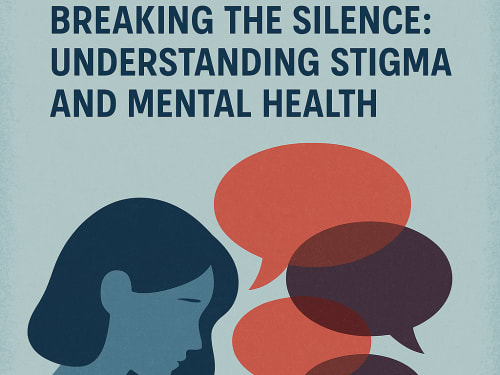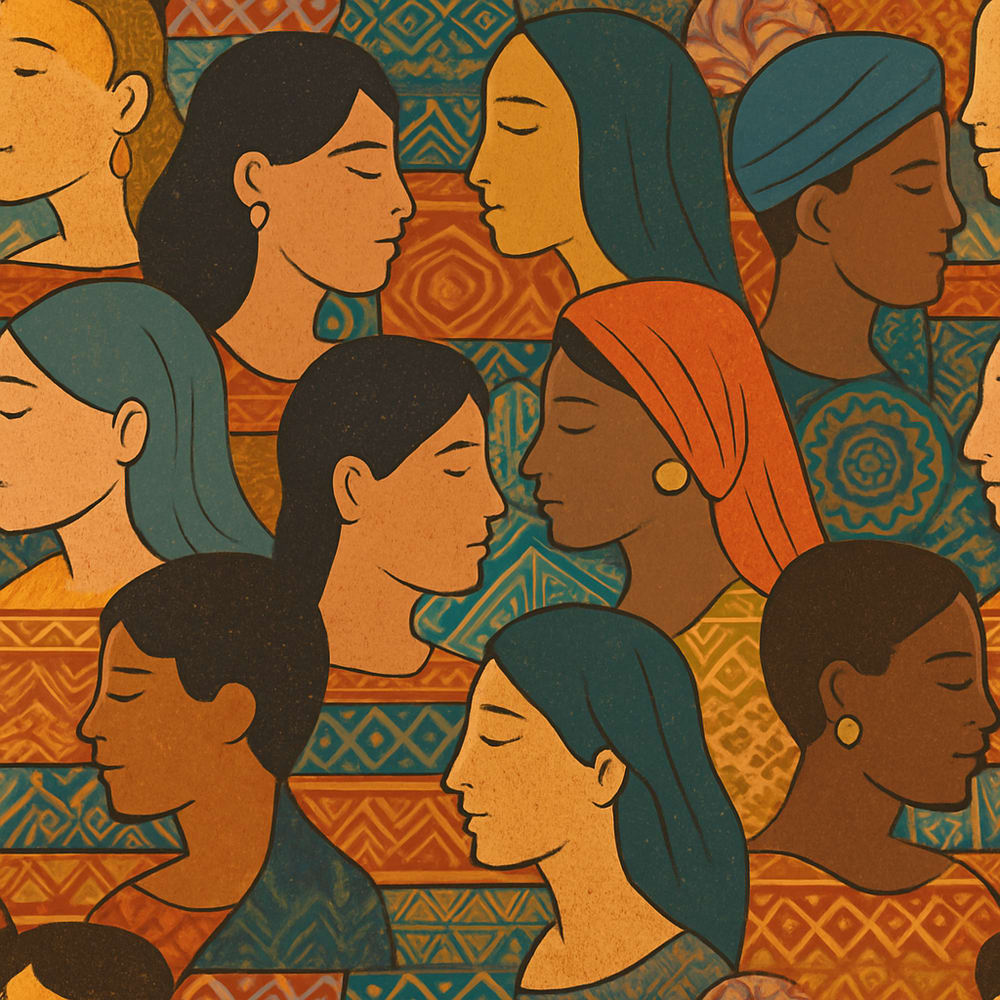🌿 Breaking the Silence: Understanding Stigma and Mental Health

posted 20th November 2025

🌿 Breaking the Silence: Understanding Stigma and Mental Health
Despite growing awareness and progress in recent years, stigma around mental health remains one of the biggest barriers to people seeking support. Stigma not only affects how society views mental illness. It also shapes how we see ourselves, how we speak about our struggles, and whether we feel deserving of help.
To understand stigma is to understand the silent weight many people carry long before they reach therapy. By exploring where stigma comes from and how it affects us, we can start creating a more compassionate, informed, and supportive culture for everyone.
💭 What Do We Mean by “Stigma”?
Stigma refers to the negative attitudes, stereotypes, and judgments that society places on people experiencing mental health difficulties. It shows up in different ways.
Public Stigma
This involves the beliefs held by society, such as the idea that mental illness is a weakness or that people struggling with their mental health are unpredictable.
Self Stigma
This happens when people internalise those negative messages and begin to think of themselves with shame or self-blame.
Structural Stigma
These are barriers created by systems and institutions, such as limited access to support, workplace cultures that dismiss mental health, or policies that fail to protect people.
Stigma is not always loud or obvious. Sometimes it appears through silence, avoidance, uncomfortable reactions, or throwaway comments that reinforce fear or shame.
🌍 Where Does Mental Health Stigma Come From?
Many social and cultural influences shape stigma.
Cultural Beliefs
Some communities place a high value on emotional strength or self-reliance, which can lead people to feel that they should hide difficult feelings.
Media Representations
Films, television, and social media often portray mental illness in exaggerated or inaccurate ways, creating fear or misunderstanding.
Lack of Education
When people do not understand what mental health conditions actually involve, stereotypes fill the gaps.
Generational Attitudes
Older generations may have grown up in a time when expressing emotions was discouraged, affecting how mental health is discussed today.
Stigma is not a reflection of truth. It reflects society’s discomfort with vulnerability and psychological pain.
🧠 How Stigma Affects Mental Health
Stigma has real consequences and can affect every part of a person’s wellbeing.
Delayed Help Seeking
Many people avoid seeking help out of fear of being judged or misunderstood.
Shame and Self-Blame
Stigma can lead people to believe they are the cause of their symptoms, creating guilt and self-criticism.
Reduced Social Support
Fear of judgment can lead people to withdraw, increasing isolation and emotional distress.
Impact on Recovery
When people internalise stigma, it can undermine their confidence in their ability to cope, heal, and thrive.
Research shows that stigma is often more harmful than the symptoms themselves.
💬 The Power of Language
The language we use shapes how we think and feel about mental health.
Phrases such as
“Just get over it”
“You’re being dramatic”
“It’s all in your head”
minimise people’s experiences and reinforce harmful beliefs. Using clear, supportive, non-judgmental language can create safety and reduce shame.

🌱 Challenging Stigma: What Helps?
Reducing stigma requires collective effort and conscious change.
Normalising Conversations
Speaking openly about mental health helps people feel less alone.
Educating Ourselves and Others
Understanding conditions such as anxiety, depression, trauma, or OCD allows us to challenge stereotypes with confidence.
Listening with Empathy
Offering understanding instead of judgement helps people feel seen and supported.
Encouraging Help Seeking
Reminding others that therapy, medication, or support is a positive, proactive choice.
Noticing and Challenging Harmful Language
Gently correcting misunderstandings encourages more compassionate communication.
Sharing Lived Experience (When Safe)
When people choose to share their experiences, it reduces shame and helps others feel understood.
💛Compassion Creates Change
Stigma thrives when people feel unable to speak.
Compassion thrives when we make it safe to share.
Mental health challenges do not define anyone. They do not reflect weakness or failure. They reveal the very human experience of coping with stress, trauma, loss, or difficulty.
Every time we challenge stigma, we create space for someone to feel heard.
Every moment of kindness helps build a world where mental health is treated with the dignity it deserves.




